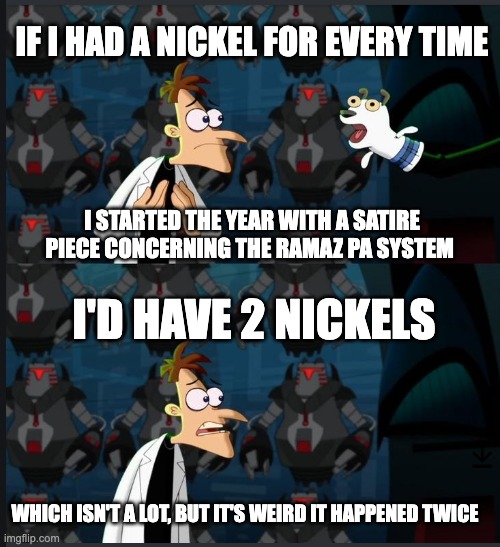When Will It Change?
I remember my horror upon receiving two breaking news alerts about mass shootings within 24 hours. I wanted to scream, because Dayton was the 251st shooting on the 216th day of the year—that means there was more than one shooting per day. On that dreadful weekend, the first shooting took place at a Walmart in El Paso, Texas. It was at 10:30 AM on Sat- urday, August 3rd. The shooter killed 20 people and injured 26 more, two of whom later died of their injuries. The second shooting took place less than 13 hours later, at a bar in Day- ton, Ohio. Nine people were killed and at least 27 more people were injured. I was horrified. There have been so many shootings over the past few years that my first thought was, “Oh my god, not again!” And so many of them were mass shootings. One potential reason is that technology keeps advancing, which means not only medicine, phones, and buildings, but also guns.
Both shooters had obtained their firearms legally, both used assault-rifle-style weapons. The question we have to ask ourselves is why civilians have access to weapons designed for war. The Second Amendment declares the right to bear arms, but does it give license to murder?
The right to own a gun is an integral part of our country—it means we can protect ourselves, but it also invites danger. The Second Amendment was written in a time when the country’s army was comprised mostly of militia—people owned guns so they could fight for their county. Those guns were much less dangerous than the ones we possess today. Times have changed, and our legislation needs to adapt with them.
Should people be allowed to own guns? Yes. Should people be allowed to own weapons capable of killing nine people within 30 seconds (like what happened in Dayton)? No.
We want to protect ourselves and our families, and part of that is ensuring that people who shouldn’t have guns don’t get them. Background checks are required to purchase a firearm, but these background checks only stop people who have already committed an offense. Many of the recent shootings have been committed by younger people. Both the Dayton and El Paso shooters were in their early twenties. If psychological profiling was required to obtain a gun, maybe neither of these shootings would have occurred.
After all that’s happened, especially the Pittsburg shooting, I would feel safer if someone at my shul carried a gun. But people shouldn’t have to be afraid when going to their place of worship, or going to Walmart, or getting a drink. How many more people are going to die before things change?
May the victims of Dayton, El Paso, Virginia Beach, Thousand Oaks, Pittsburg, and many other shootings rest in peace. We will never forget.



